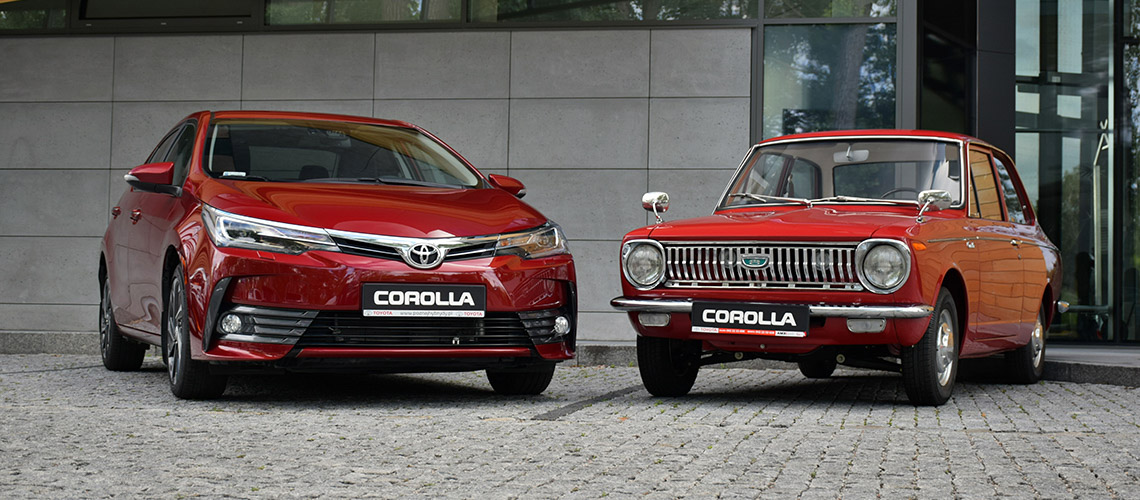The Pros and Cons of Buying New vs. Used Vehicles
Are you wondering whether it’s better to buy a new car or go for a used one? This decision can be overwhelming with so many options available.
Each choice comes with its own set of advantages and disadvantages. Price, reliability, warranty, and features all play a big part.
Your decision could affect your budget and driving experience for years. A smart car purchase isn’t just about the vehicle-it’s about what fits your needs best.
By the end of this post, you’ll have the clarity to make a wise, budget-friendly, and reliable decision. Keep on reading!
Cost Comparison
One of the biggest differences between new and used cars is the cost. New vehicles generally come with a much higher price tag. While used cars are usually cheaper, they may also come with higher maintenance costs later.
New cars often qualify for lower interest rates on financing, which can save money over time. Used cars may be more affordable upfront, but may need more repairs sooner. When budgeting, it’s important to consider not only the price of the car but also registration and taxes.
New vehicles tend to have higher registration fees. Used vehicles, on the other hand, can be a smart choice for buyers with limited budgets.
Depreciation
New cars start losing value as soon as they leave the dealership. In the first year alone, some vehicles can depreciate by up to 20%.
After five years, the average car loses about 60% of its original value. This rapid loss in value means new car buyers pay more for a car that’s worth less over time.
Used cars have already gone through the steepest part of depreciation. Buying a used vehicle can help a buyer avoid the biggest value drop. This makes used cars a better choice for those who plan to resell.
Warranty and Protection
New cars come with a full manufacturer’s warranty, which provides great peace of mind. This warranty often covers major repairs and sometimes even roadside assistance. Some used cars also come with warranties, but they are usually limited or sold as extras.
Buying a certified pre-owned vehicle can offer more security than a regular used car. However, nothing compares to the full coverage of a brand-new car.Warranties reduce the worry of surprise repair bills. For buyers who want confidence and coverage, a new car might be the best bet.
Technology and Features
New vehicles come equipped with the newest technology. This includes advanced safety systems, smart infotainment, and better fuel efficiency. Features like automatic emergency braking, adaptive cruise control, and Apple CarPlay are more common in newer models.
Used cars may not include these modern upgrades. While some features can be added later, they often come at a cost.For tech-savvy buyers, having the latest features can be a big plus. These upgrades also make driving safer and more comfortable.
Insurance Costs
Insurance costs can differ greatly between new and used vehicles. New cars often require higher insurance coverage, which can raise premiums. Used cars typically cost less to insure due to their lower market value.
In many cases, buyers can choose to carry only liability insurance on a used car. This further lowers monthly expenses. Insurance companies also consider repair costs and safety features.
While new cars may have better safety ratings, their higher replacement value raises insurance costs. Used cars offer a great way to save money on both purchase and coverage. This can help keep overall expenses manageable.
Maintenance and Repairs
New cars don’t usually need repairs for the first few years. Regular oil changes and simple checkups are often the only upkeep. Used cars, however, may have hidden issues from wear and tear.Older vehicles may need new brakes, tires, or engine work sooner. This can lead to more time and money spent on maintenance. Checking a used car’s history report can reduce some risk.
Buying from a reputable source like a certified pre-owned dealer helps, too. A new car offers reliability from the start, which is appealing to many. Still, well-maintained used cars can also perform reliably for years.
Financing Options
Financing a new car can be simpler, especially for those with good credit. Many manufacturers offer special deals, such as 0% interest or cashback offers. These deals are less common with used vehicles.
Lenders may also view new cars as less risky, which can lead to better loan terms. However, buyers with limited credit may find better luck with used car financing. Monthly payments on new cars are usually higher due to the cost.
Used cars offer lower payments, but potentially higher interest rates. Weighing the total loan cost is important when making a choice. A Chevy dealership can provide both new and certified pre-owned options, making it easier to explore flexible payment plans.
Longevity
A new car comes with a full lifespan ahead of it. With proper care, today’s cars can easily last over 200,000 miles. Used cars already have mileage, which means less time until major components wear out.
Buying new allows the owner to maintain the vehicle from day one. This ensures a full and reliable service life. Used cars may last a long time, too, but it depends on past usage.
Maintenance records and condition matter a lot. New vehicles also benefit from improvements in engine design and materials. This makes them more durable and dependable in the long run.
Resale Value and Trade-In
Selling a new car after a few years results in a bigger value loss. Since depreciation hits hardest in the early years, resale prices for new cars drop quickly. Used cars hold their value better relative to their cost.
Buyers of used vehicles might get back a larger share of what they paid. Trade-in values for new cars can be disappointing due to steep depreciation. Used vehicles already took that hit, so future losses are smaller.
Smart buyers think ahead about selling or trading in later. This helps avoid unpleasant surprises. Knowing your car’s resale value can shape a more profitable decision.
Making the Right Vehicle Choice for Your Needs
Choosing between a new and used vehicle depends on your budget, lifestyle, and priorities. New cars offer peace of mind, the latest tech, and full warranties they come at a higher cost.
Used cars provide savings and better long-term value, though they might require more care. The best decision is one that fits your financial goals and driving needs.
Don’t rush-do your research and compare deals carefully. Whether you’re shopping for reliability, savings, or the latest features, there’s a perfect option for you.
Did you like this guide? Great! Please browse our website for more!






